| The happiest day of my life was the day I realized I would never have to live in my hometown again. With my belongings moved into an apartment in Chicago's Lincoln Park neighborhood, my twin bed siphoned off from my two roommates' beds, and my nineteenth birthday party taking place in my new dining room with my new friends around a German chocolate cake purchased at the two-level grocery store on the corner, I knew that all of my hard adolescent work had paid off. I now would be free. My greatest fear of withering away at home would not come to pass. The saddest day of my life was the day I moved from Chicago back to my hometown. There are a lot of reasons why this happened. For starters, money. For other starters, external pressure. Heartbreak was another reason. But soon I found myself back on familiar streets living an ordinary life in a place where the extraordinary refused to surface. We have no oceans in my hometown. We have a river, and it's filthy. Many people feel this hopeless giving up, although I doubt many of them feel it as early as twenty-three. I did good work here, and I continue to do good work, but something was missing. The glimmer that happened when I wrote far off worlds, the echo of my voice when I sang. "Why don't you sing anymore?" someone asked me ... no, a lot of people asked me. There was no point, I could have answered. It will just remind me of what I could have been, would have been another good one. But usually I just answered, "Oh, I'm busy. And things. And life. And no one wants to hear it, anyway." It had to stop. Ray Bradbury writes in his book, Zen in the Art of Writing, that in order to live, in order to "stay alive," we have to keep writing. We have to come up with those crazy worlds no one else can see. We must believe in magic, or "Buck Rogers," as he puts it. So Alex, my fiance, found Mur Lafferty's podcast and in turn found Stonecoast. For months, the two of us schemed to get me into the MFA program. And then one day, Nancy Holder called and told me the good news. As you know, I went to my first residency last week. And I am about to tell you why you should stop not singing, start staying alive, and find your own Stonecoast. The night before, I was afraid. I told Alex that he needed me, that my dead friend needed me, that the dishes in the sink needed me. "It's too far away, I'm too scared, I can't make friends, everyone will hate me, I'm not good enough." But stalwart Alex lugged my 49.5 pound checked bag all the way to his car, and then all the way into the airport. In my book, Abigail is a young girl who is trapped in Boston and damned to walk the earth after her airship is taken from her. There is a scene where she escapes, bursting into the sky and seeing the sun strike the white clouds from above. And when that plane pierced the rainstorm and breathed out into the air, I felt like something new was about to happen. For the first time in a long time, I had a chance. Maine is a different sort of place. I say different because it's not like anywhere I've lived. Even my hometown is loud with this incessant noise from the interstate and the planes from the airforce base. But Portland is silent. As soon as I got rid of the jet engines in my ears, I realized how quiet the airport was. And then I recognized silence in the parking lot, the road, the highway, and finally Bowdoin College Campus. And for the first time in five years, I was welcomed by people who understood what I wanted to do with my life. It was like coming home. Stone House sits on a peninsula (which I loudly remarked in our coach bus upon seeing it: "WE ARE ON A PENINSULA!"), and it is beautiful. If you look through the trees in the front yard, you see sailboats and the ocean. Mist hangs in the trees, mud flats magically transform into roaring seas in a matter of hours. At night, I walked around the park with my friend as trails dissipated into the fog. This was the land of Stephen King, Herman Melville, Jules Verne, and my own imagination. "You are not an aspiring writer," the director of the program told us. "This is the point in which you become a writer. Virginia Woolf had a moment where she became Virginina Woolf. And this is yours." I ran back to my temporary dorm room and I typed, typed, typed on my story. My teachers knew my heroes, my teachers were my heroes, and I'd read them all my life. This was a place where students published their work and won Campbell Awards. Stonecoast was a place where people did the things other people talked about maybe someday doing. Stonecoast was a place full of people who said, "I understand. I hurt, too. It's okay. We'll write about it together." Stonecoast was where the Muggle borns came together for ten days every six months to build their armor, give out six months' worth of hugs, and write as fast as our hands could go. I watched the graduation of the class of 2014, and I saw that this program did not just change my life, but had changed their lives. I'm back home now, reading Bradbury and finishing up Verne. Tomorrow, I lock myself up in a hotel room and revise the beginning of my manuscript for my mentor. And although I know this year is going to be a long one, I know that I'm not alone. I know I have a goal. I know Maine exists. Please do not wrap yourself up in a blanket of malaise. Please go out and do what you love to do. Find people who also love to do that thing. And be happy for it. It's not too late. Go be happy. Find your magic place where the fog comes in and the sailboats can get all the way out to the ocean. |
|
0 Comments
|
What is this?Dawson is a writer. This is her blog. In it, you shall read about reading. And writing. And cheeseburgers. Sometimes there are tangents. Huzzah. Categories
All
Archives
May 2019
|
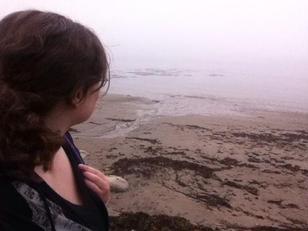


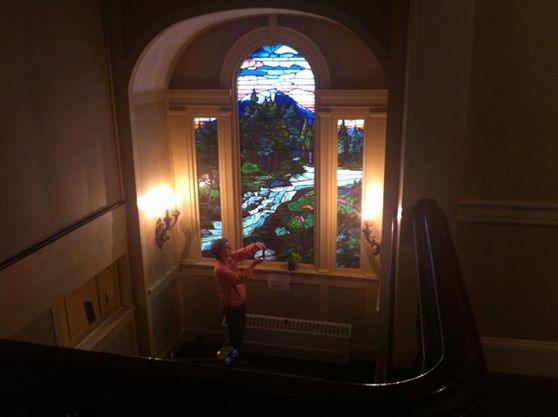

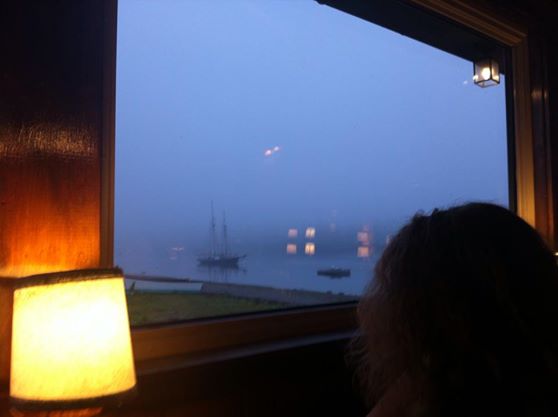
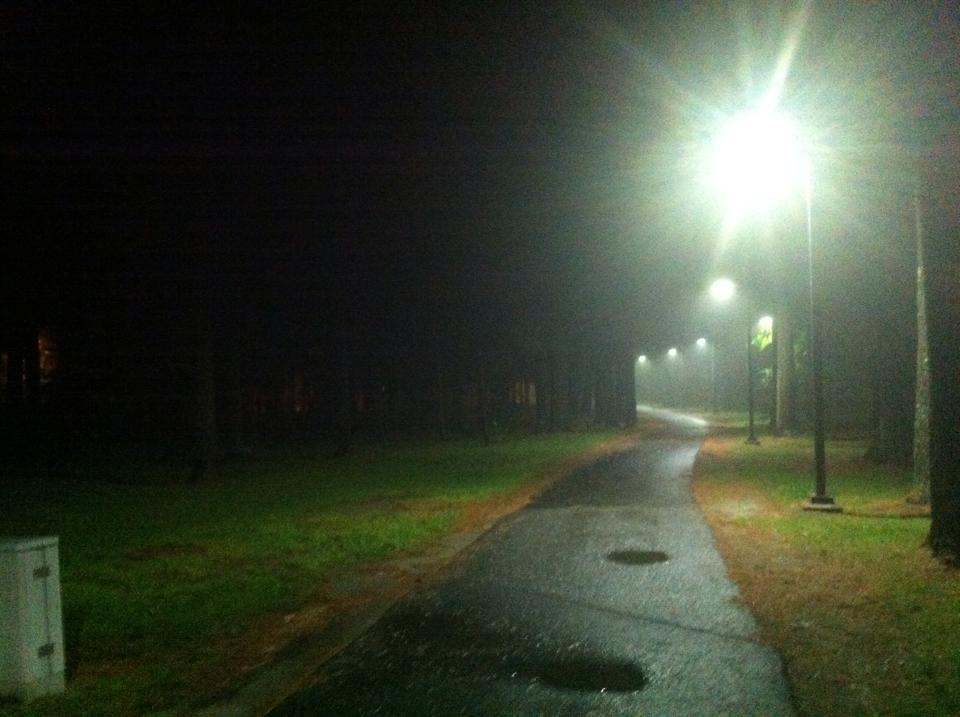
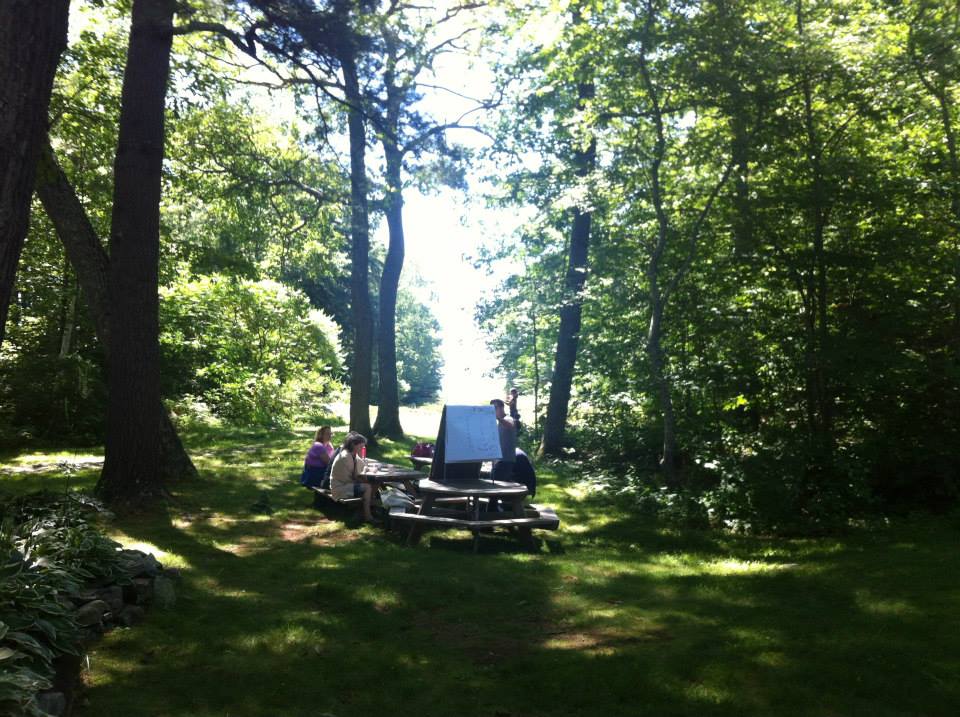

 RSS Feed
RSS Feed